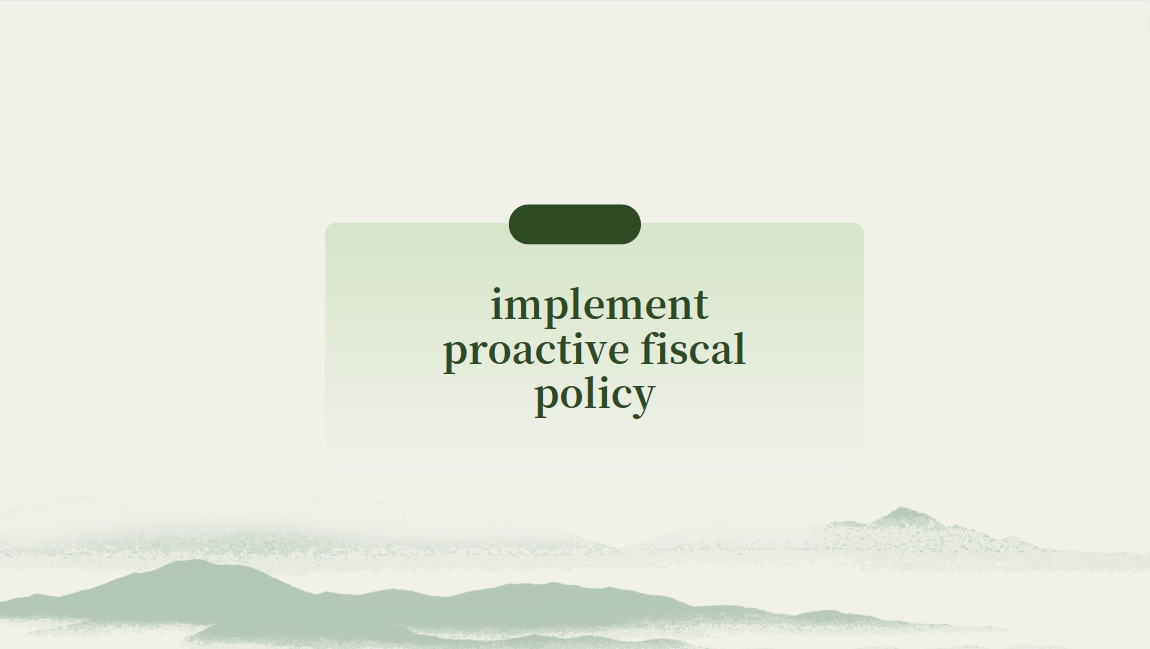Big role for refinancing bonds seen
China will likely allow local governments to issue special refinancing bonds for funding a few areas with heavy financial burdens, experts said on Monday.
Such bonds may be a better option than a large-range bailouts for debt-laden local government financing vehicles (LGFVs), they said.
China, they added, would do well to urge provincial governments to adopt measures like extending debt maturities and selling State-owned assets in order to address their debt risks.
They also stressed it is unnecessary for China to establish asset management companies or AMCs at the central level to defuse such risks, as there is ample policy room as well as other instruments to avoid local government debt defaults in a market-oriented manner and in a proper and timely way.
In a video meeting held earlier this month, the country's financial regulators stressed coordinated efforts to prevent and defuse local government debt risks. They called for enriching policy tools and measures for the purpose, strengthening risk assessment and prevention mechanisms, and pushing forward the process of defusing debt risks in key regions so as to preempt systemic fiscal risks.
Li Rong, a professor at the Renmin University of China's School of Finance, expects China to unveil a new round of differentiated measures soon, to deal with local government debt issues.
Li, whom the country's finance authorities often consult, also said the so-called hidden debts of local governments, or local government financing vehicles' borrowings, in particular, are usually not part of budgeted government debt. But, they are sponsored by local governments and have relatively high costs.
"Some provincial-level regions, including Tianjin and those in Southwest China, are facing intensified financial difficulties. A feasible way (to solve the problem) is to replace their hidden debts introduced by LGFVs with new local government bonds as there is still space in the national budget for local government debt," Li said.
Through such new bonds, the hidden debts can be swapped for legal bonds with a longer maturity, which will also be cheaper.
The top authorities should not, and probably will not, directly bail out troubled LGFVs in all regions, because that will create the risk of moral hazard, Li said, adding provincial governments should take primary responsibility and use measures like bank loan restructuring and asset sales to raise funds for debt repayments.
In emergencies, establishing provincial-level AMCs may be an option. It should, however, be used with extreme prudence, he said.
Official data showed that outstanding local government debt totaled 37.56 trillion yuan ($5.15 trillion) by the end of May, while the official budget cap is 42.16 trillion yuan.
The figure does not consider hidden debts introduced by LGFVs, for which estimates vary from less than 40 trillion yuan to more than 50 trillion yuan.
Davis Sun, senior director of APAC International Public Finance at Fitch Ratings, estimated that around one-third of debts of LGFVs are in the form of bonds, while the rest are mainly bank loans and debt from non-banking institutions.
Sun said many market observers expect that replacing short-term and costly LGFV debts with local government refinancing bonds that have long-term maturities and low costs, will shift the debt taken on by LGFVs onto local governments' balance sheets and mitigate LGFVs' refinancing risk, and yet such a measure cannot be widely used due to the risk of moral hazard and local government debt ceilings.
Financial institution-led loan restructuring and disposal of LGFV assets are also options, although it may only be carried out selectively, he said.
"As the meeting of the Political Bureau of the Communist Party of China Central Committee held on July 24 stipulated that the country will effectively prevent and defuse local debt risks via a package of debt-relief measures, a new round of debt-relief measures with more inter-governmental coordination may be unveiled soon," he said.
"Defusing debt risks doesn't mean paying off all debts, but rather, it aims at avoiding the manifestation of systemic risk through debt restructuring, and that's an achievable goal," he said.
In a report on the budget execution this year submitted to the country's top legislature on Monday, Liu Kun, minister of finance, said China will strengthen its proactive fiscal policy, prevent and address local government debt risks, and further tighten financial discipline.
An Xinhua, director of Beijing Loyalty & Talent Law Firm, said authorities concerned should provide repayment assistance to LGFV debts that are introduced to support non-commercial investment projects.





















































First, please LoginComment After ~